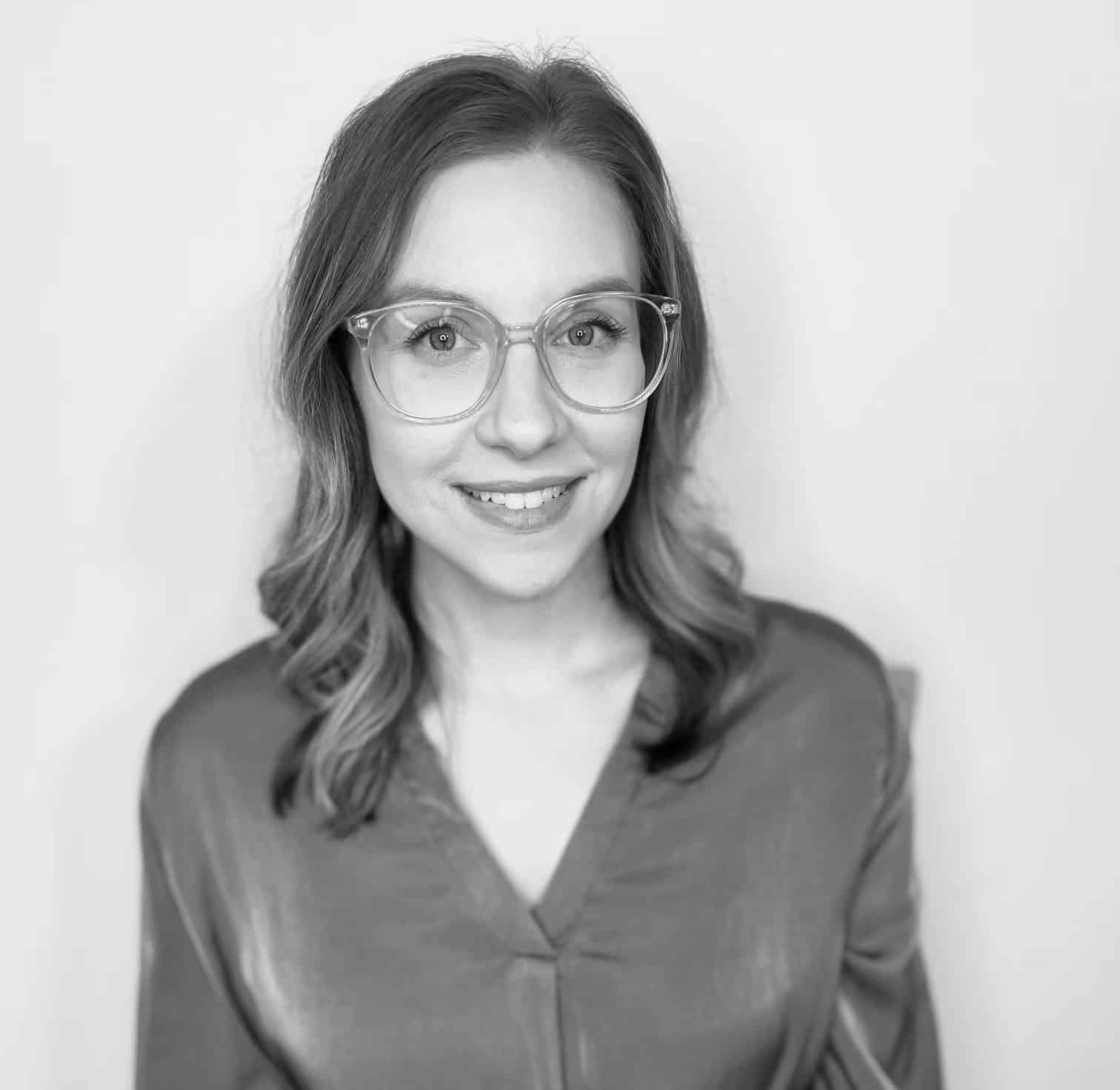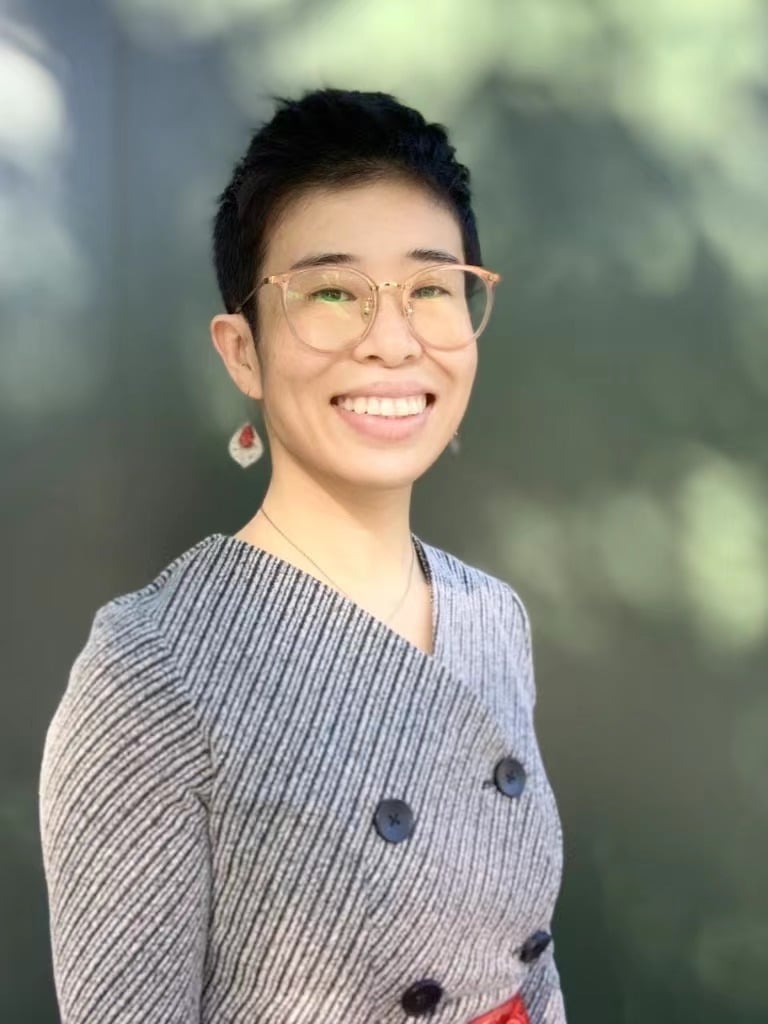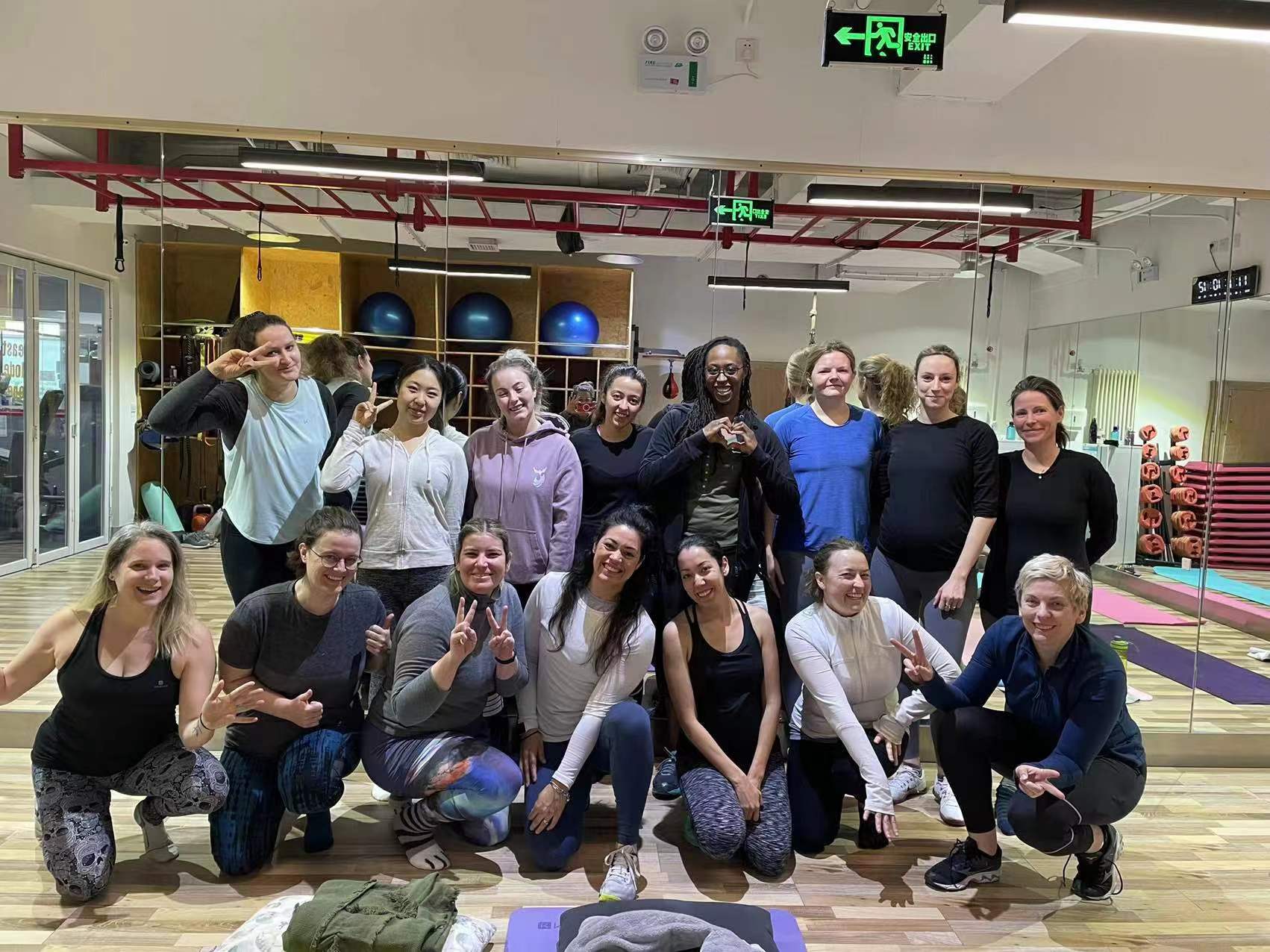For survivors of abusive relationships, seeking help might be difficult at the best of times. But when that abuse takes place while living in a foreign country, it can be more difficult to access the right support.
In China, people often lack access to suitable safe spaces where they can benefit from therapy and begin the long process of healing. However, Beijing’s Project A aims to change that.
Megan Purvis spent 11 years working and studying in the country. An American citizen, she is herself a survivor of an abusive relationship.
Knowing that escaping an abusive partner is often just the first step on a long road to recovery — and that many who do so will require therapy, Purvis started Project A with Qin Xiaojie, a long-term Beijing resident from China’s Sichuan Province. The pair recently spoke to CDB about their efforts to help people heal.
“I guess if I could sum it up, what we wanted to do was help make mental health support affordable to people who’ve experienced domestic violence and intimate partner abuse.”
Prior to starting Project A, Purvis had done a mountain of her own research trying to identify resources. While she found a lot of information about legal aid and various support organizations, most were geared toward locals.
For Qin Xiaojie, setting up Project A seemed like a natural step thanks to her experience running peer support group sessions for another organization.

“Many times I felt powerless as a facilitator because I often came across women who needed further support, but I had nowhere to refer them,” says Qin.
Some people that the Sichuan native encountered were financially dependent on a partner, making it difficult for them to pay for professional therapy and support. Both Qin and Purvis felt that offering people access to affordable therapy sessions in a group setting provided a solution, and decided to come together to make it happen.
“Community partners have donated money to help cover the costs of the venue, the therapist, as well as any admin costs,” explains Purvis.
“It can be quite difficult to find financial support here, but we’ve made use of the connections we’ve built up over the years – both professionally and socially.”
“I have provided the therapy for both rounds we’ve done so far – although we are planning on maybe bringing in an external therapist for the next round,” adds Qin.
Through a variety of interesting and unique community events to raise cash, the pair have been able to fund the therapy sessions. On Jan 29 they held their first major fundraising event in partnership with Date Night China, with teams paying to take part in a special pub quiz. More recently, the various women’s communities in Beijing managed to raise 25,000 yuan ($3,610) during an event held for International Women’s Day, with over 150 people in attendance.
“While it might sound like a lot, I’ve worked for international NGOs where you’re dealing with figures in the millions. This isn’t enough to support even one person’s salary,” says Qin, emphasizing the limitations of the project’s resources.
However, thanks to successful community fundraising and hard work, the pair managed to hold a second round of therapy in March, following the success of the first.
“While we haven’t had many serious barriers to fundraising partnership events, we have had some logistical issues – particularly with holding in-person events, due to the pandemic,” says Purvis.
As for the therapy sessions, the pair see a diverse range of women, all of whom are screened to ensure their suitability for therapy. Participants must have left the abusive relationship they were in and be ready to move on. Those in abusive relationships who approach the pair are referred to individual therapy with a qualified therapist.
“This is something that can happen to anybody. It effects everybody – people from different countries, people with different incomes. It’s non-discriminatory,” says Purvis.
“There’s a few things I can say as to the age range of the group,” adds Qin. “So far we’ve had people from young college graduates to women in their forties. Because it’s conducted in English the majority of attendees are foreign, with Chinese women making up around 30 percent of the participants in the first two rounds.”
Despite the diversity of attendees, so far they have all been women – although both Qin and Purvis are open to welcoming men at their sessions.

Among their female participants, not all have experienced physical violence, although Purvis makes clear that she considers all types of abuse to be violence. Indeed, for those experiencing forms of emotional abuse, asking for help may be just as difficult – and some will never come forward.
“It’s hard for people to know that they’re being abused when they’re being emotionally abused,” says Qin. “When you’re being hit, your body will tell you, but when someone is emotionally abusing you, manipulating you, talking you down – sometimes you internalize that. You don’t think of it as abuse, you think that’s who you are!”
During the therapy sessions, Qin emphasizes that one of her key goals is to use each session to let each person know that they are not alone.
“I try not to do 100 percent of the work and instead try to elicit the healthy and effective coping mechanisms that the group already have. While they have all been in abusive relationships, they still have a lot of strengths,” she says.
“Usually we start by sharing our stories so that everyone can understand what each person has been through and where they are now. From the start I will model emotion self-regulation tools, as there are always triggers for people who have been in abusive relationships and they need these tools to help them cope.”
Qin also provides psychoeducation to help attendees to be assertive, although she stresses that for some, their experiences have actually made them become aggressive. As part of the therapy, participants need to recognize where they are, be it passive, assertive or aggressive.
The psychotherapy Qin offers is cost effective, she says. By offering therapy to a group, she is able to reach a larger number of people and make a bigger impact than through individual sessions.
But group therapy does have its disadvantages. E.g. while the pair have not been short of applicants for the therapy sessions, finding participants who meet their eligibility requirements can be a challenge.
“I also need to ensure that one person isn’t dominating the conversation, and I have to make sure that I focus on what the group needs the most rather than what each individual needs the most.”
Project A plans to hold its next round of therapy after China’s October National Holiday. However this time Purvis will not be there in person, having recently left China for good. And there might be a further change: the pair will be trialing a post-therapy support group for their previous participants over the next few months, enabling them to continue helping people as they heal.




